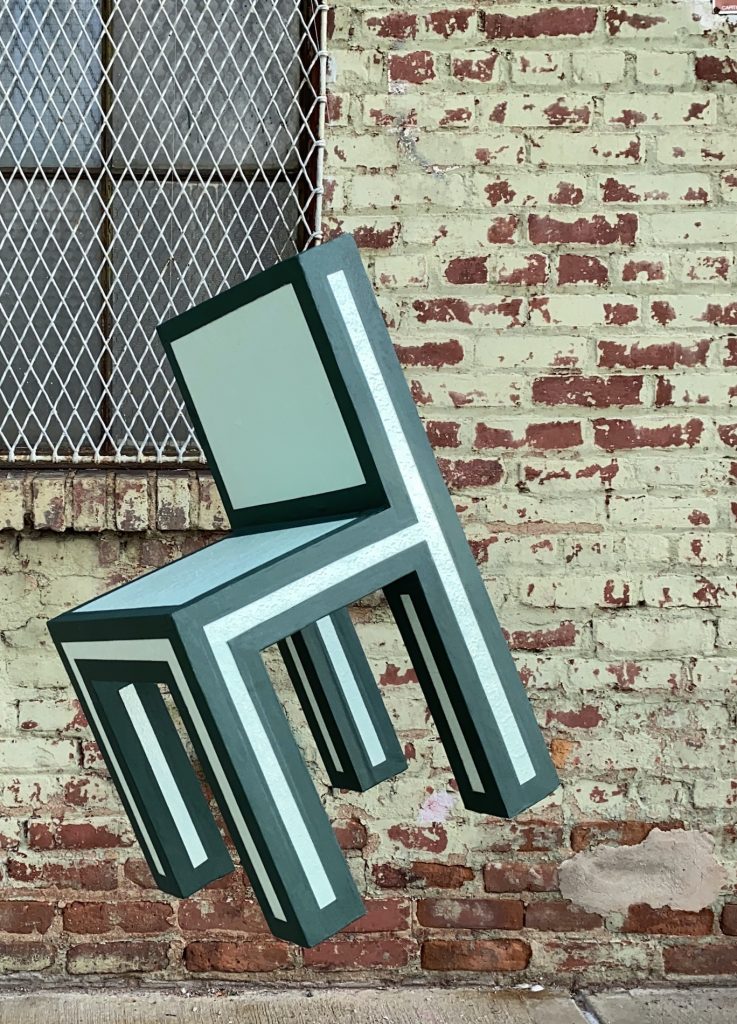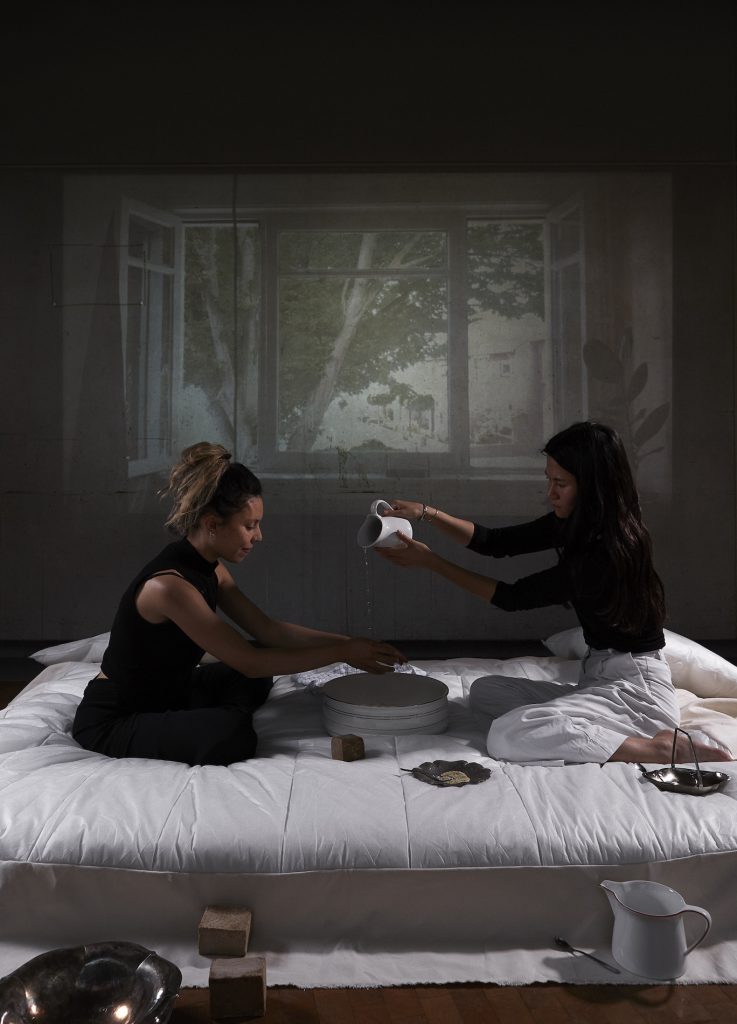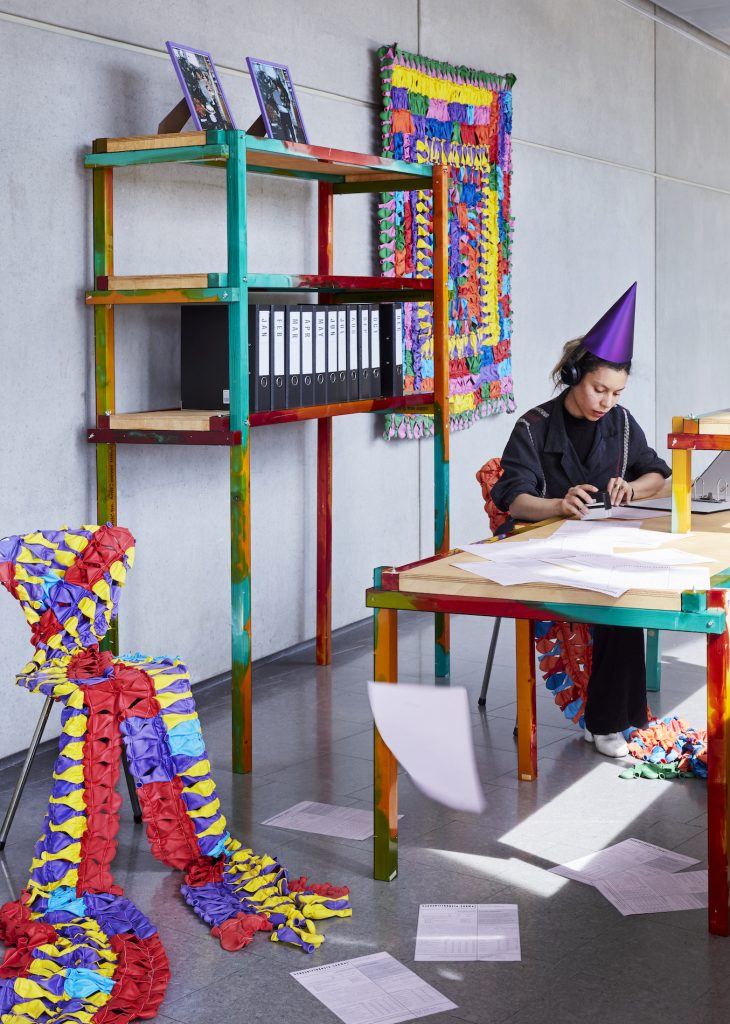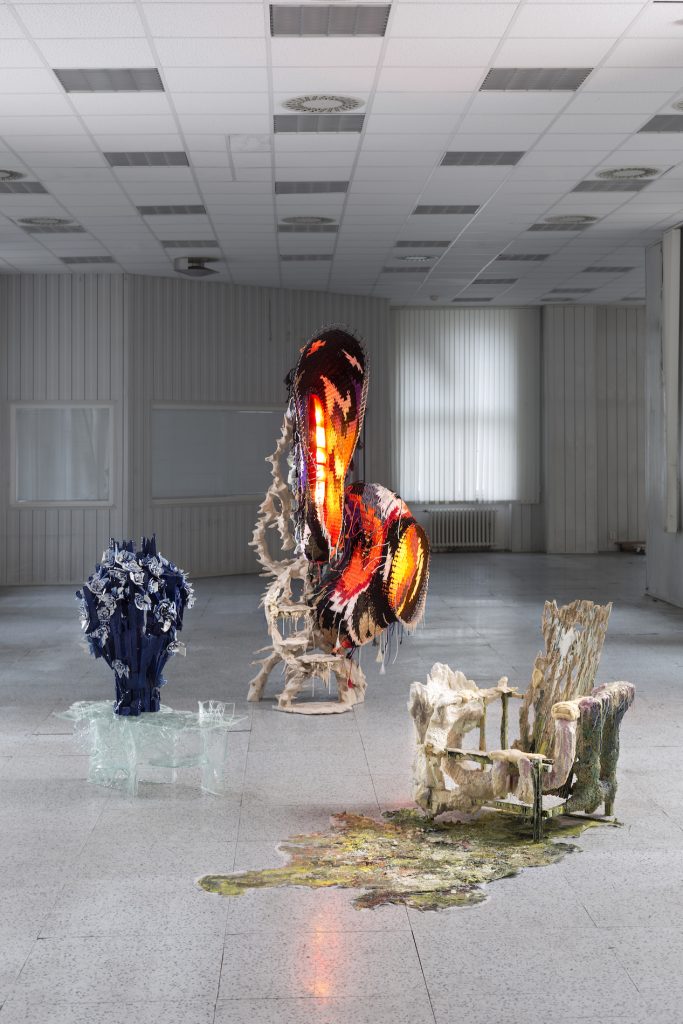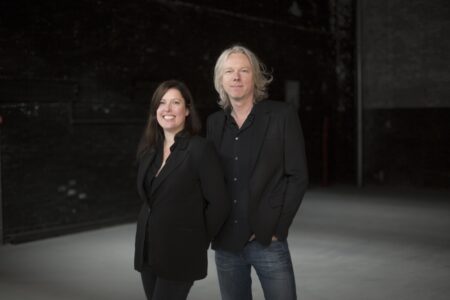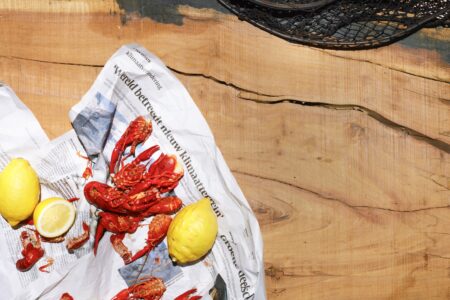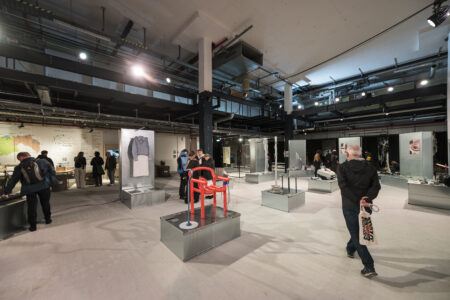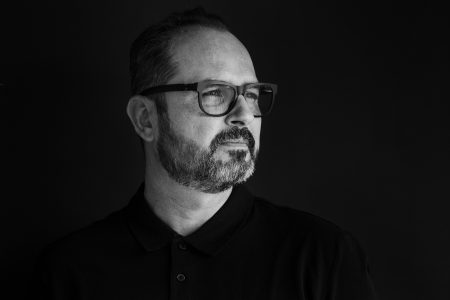Graduation Show 2020: Live from the Living Room
The Covid-19 restrictions caused the Dutch Design week to take place digitally, which made Contextual Design Students take matters in their own hands.
As the pandemic continued to disrupt ‘life as usual’, graduating Contextual Design Students at Design Academy Eindhoven (DAE) saw the intimate space of their home becoming sites for productivity. With DAE’s workplaces and workshops closing, their living room’s functioned as meeting rooms, photo studios, film sets, and workshops. With the COVID-19 restrictions causing the DAE’s annual Graduation Show during the current Dutch Design Week to turn digital, the students felt it was fitting to use these spaces of intimacy and productivity as a stage for the work. This prompted Live from the Living Room: a showcase of 20 Contextual Design Master graduates from their homes. Through film, photography, live discussions, and performances. TLmag cherry-picked five must-see-works you’d have to see before the week is over. Learn more about our projects, posted throughout Dutch Design Week on Instagram @live_from_the_livingroom.
Célestine Peuchot – Inert Domestic System
What would happen if our systems stopped? If our machines stopped? Célestine Peuchot (@celestin.peuch) investigates the manufacturing processes behind the objects that occupy our daily living spaces, exploring the tensions and relations between techniques and aesthetics in mass production and craft manufacturing. Through a series of machine-objects that function as elements of a fictional production chain that has inexplicably stopped, ‘Inert Domestic System’ demonstrates that artisanal and industrial manufacturing are less at odds with each other than is commonly perceived, disrupting preconceptions about how things are made and used.
Lydia Hwang Project – Title Hi, can you see me now?
A reaction to the privileging of Western beauty ideals and (health)care practices in modern society, Hi, can you see me now? invites others to unlearn the ways they approach and understand their body and hair and the networks of care surrounding these aspects of the self. The project started as a self-practice for the designer, which involved unlearning the capitalist value systems of beauty and bodily-care techniques absorbed during Hwang’s (@_lydh) training as a hairdresser and experience growing up in the United States. With our systems of care challenged by quarantine, digital interfaces, and protest, the project proposes new potentialities for self-knowing and social intimacy through haircare.
Tadeáš Podracký – The Metamorphosis*
Our environment is becoming less and less relatable. We live in prefabricated houses, occupied by mass-produced furniture, and spend most of the day escaping to virtual worlds. By emphasizing authenticity, questioning construction methods, and revaluing the ability of materials to reveal character, Tadeáš Podracký (@tadeaspodracky) proposes a new methodology of making – a reformulated approach to design that is based on emotional decisions, unpredictability, and expression. Ultimately, with ’The Metamorphosis*’, the designer seeks to enhance our emotional bond to our environment.
Noëlle van den Dungen – Happybirthdayto.[name]
The happybirthdayto.[name] is an online space, situated between a research institute and a birthday party, where people from different points of view have responded to ‘what the birthday means and how to deal with it’. Van den Dungen (@noellevandendungen) carefully glued this daily life wisdom together, starting the collaborative ‘Philosophy of Birthdays’. As the founding mother of happybirthdayto.[name], (I am wishing you a) Happy Birthday, Noelle. An excerpt: ‘Dear [name] I am 26 and I still don’t sleep well before my birthday. I am fascinated by the charged moment of social conventions, expectations, and emotions that lie beneath a decorated layer of sweet cakes and brightly colored plastic trash.’
François Chambard – Design Paradise
Chambard developed Design Paradise as a tale of the life and spirit of objects. Despite their very material and physical quality, objects help us access an invisible world. We can understand the phenomena of granting agency to objects through the study of philosophy and phenomenology. Anthropology and archaeology demonstrate that since we started making objects, we have invited material cognition and consciousness. As objects became more and more complex, they have slowly escaped human control. We made objects. Objects made us. The project is presented through animation. In addition to being a moving image technique, the animation is an ideal animist tool, lending an “anima” to objects, bringing things to life.
Cover image: Célestine Peuchot, Inert Domestic System
